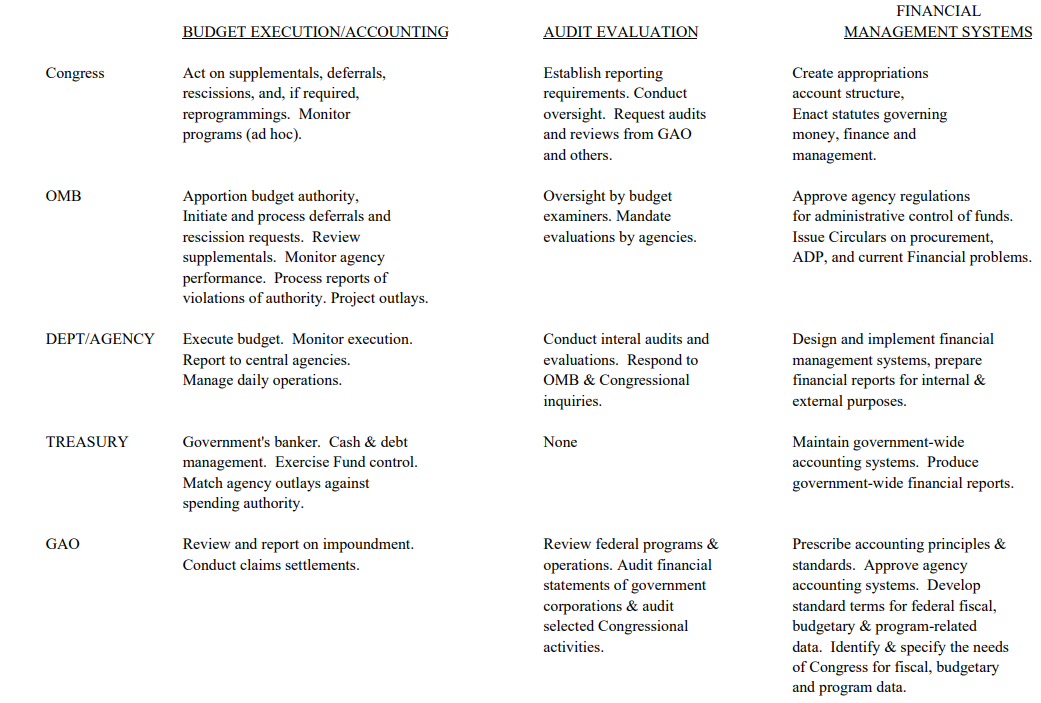Execution - Step 22 Congressional Directives

A Congressional Directive is any statement included in the Reports by the House, Senate or Conference Appropriations Committees; or appropriations bill language; which directs agency to take action (or inaction) regarding its programs and/or operations. A Congressional Directive reflects legislative intent and should be taken seriously.
The Appropriations Committees require that the Department provide written responses to each directive in a format prescribed by the Committees. Generally, the Committees request that the responses be available for their use during the Appropriations hearings.
Though Report Language is not legally binding, agency non-compliance with report language has sometimes resulted in Congress inserting similar or more restrictive language into the following year's appropriation act language. Bill language is law and thus, legally binding. A common sense approach also dictates that the agency makes reasonable attempts to maintain good relations with the Appropriations Committees since the availability of budgetary resources needed to carry out our programs is dependent on their favorable action. Therefore, with few exceptions, the agency’s policy is to comply with Congressional Directives unless compliance would be illegal or contradict Administration policy. The agency individually reviews all cases when an agency proposes non-compliance and the Administration has not indicated non-compliance through official communications. (i.e., deferral or rescission proposal).
OMB may direct that the Department direct non-compliance with particular Congressional Directives under certain circumstances, such as in FY 88 when the President submitted a list of "wasteful spending" items to Congress, but did not formally propose rescissions.
Congressional Directives responses describe, in sufficient detail, the steps being taken to implement the item, including the scheduled date of implementation and any barriers to successful completion of the item. If the agency proposes noncompliance, the response should state the reasons for noncompliance, the actions which the agency plans to take and the steps needed to carry out the action.
The language of the directives must be exactly as included in the report or the enacted appropriation bill except for obvious typographical errors. If an item is covered in more than one source and the language is identical, cite each source in a single report. If the language is not identical, but addresses the same topic, treat them as separate responses and note that the item is also addressed in another response, citing the title of the other response.
In many cases, language contained in the House or Senate bill or report differ from the Conference Report. If the Conference Report contradicts or amends the language in the House or Senate Report, a response is developed which addresses the language in the individual report or bill. The response should include language similar to: "The Conference Report included language on this subject which amended the amounts included in the House report. The amounts in the Conference report were..." If language is in the report or bill of either House and not addressed in the Conference report or the enacted law, the agency should develop a response to the individual language and treat it in the same manner as matters addressed in the Conference Report.
Previous: Execution - Step 21: Reprogramming Next: Budget Law